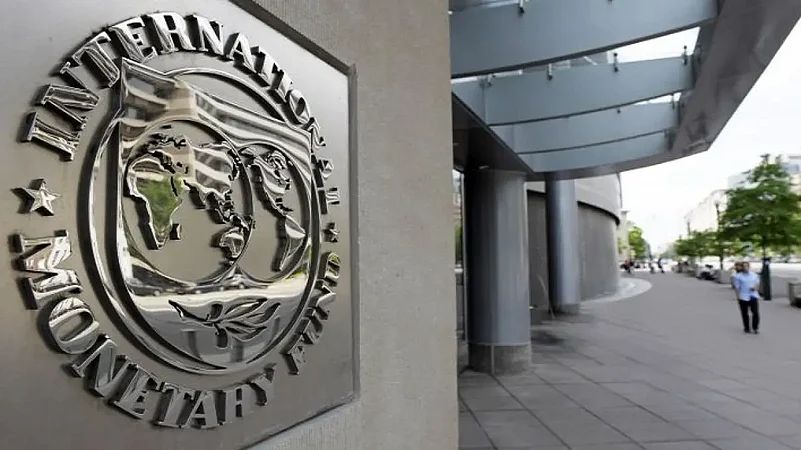The Pakistan government has requested the IMF to send its mission to the country at the earliest, preferably next week, to conclude a long-awaited agreement to revive the bailout programme, as it conveyed its willingness to accept all the four major conditions set by the global lender, according to a media report.
Cash-strapped Pakistan revived a stalled USD 6 billion International Monetary Fund (IMF) programme last year which was initially agreed upon in 2019 but is finding it hard to meet the tough conditions of the Washington-based global lender. There are reports that the IMF may not release more funds under the programme until the pledges made by the government are met.
The IMF board in August approved the seventh and eighth reviews of Pakistan's bailout programme, allowing for a release of over USD 1.1 billion.
“We have completed our workings on all four areas on the basis of our interactions on the sidelines of the Geneva conference,” a senior member of the government told the Dawn newspaper after weeklong consultations including at least two sessions presided over by Prime Minister Shehbaz Sharif through a video link from Lahore.
“We are ready to move ahead with reforms committed under the programme and we plan to implement all decisions during the course of talks with the proposed IMF mission,” the official said.
Secretary Finance Hamed Yaqoob Shaikh has formally written to the IMF mission chief to visit Pakistan.
Another participant said that the IMF bailout package was a panacea for all challenges Pakistan faced today and there was no other exit route from default, which was the Fund mission had been requested to sit across the table and finalise everything.
Another official said that the government had told the IMF that it was ready to implement decisions in line with Geneva discussions.
“They are also expected to show some flexibility given the recent engagements and economic challenges posed by the post-floods situation,” he said.
The Fund had four major demands — market-based exchange rate, increase in electricity and gas rates (by almost an average of Rs 7 per Kilowatt-hour and Rs 750 per Metric Million British Thermal Unit, respectively), and additional taxes to make up for the revenue slippages (by almost Rs 100 billion by one estimate and by Rs 225 billion by another estimate) so as to contain the fiscal deficit within the original programme targets with adjustments for flood expenditure.
The thrust of all these measures would not be allowed to flow down to the common people and the maximum burden would be limited to well-to-do sections of society, the government members said.
“We do not have any option anymore not to satisfy the Fund. If talks fail, the mission could go back and simply report no progress, but Pakistan cannot afford this,” an official said.
State Minister for Finance Aisha Ghaus Pasha, who was part of the consultations, said Pakistan had conveyed to the IMF that it was ready to implement reforms as agreed and wanted to settle the outstanding issues.
She said the government wanted to continue the IMF programme in a manner that the common people did not bear the burden of tough decisions, according to Dawn.


























.jpg?w=200&auto=format%2Ccompress&fit=max)




